![]()
New officers and board members approved
Since the members of Mt. Royal Improvement Association voted to change the name and disassociate from MRIA’s segregationist roots in 2018, BHCA has continued in operation under the old association’s bylaws. Last year BHCA President David Nyweide and the organization’s executive committee began the arduous process of creating new bylaws for the organization. Bylaws provide the basic rules of operation for an organization.
The new bylaws were reviewed by the Board of Directors at the September BHCA board meeting. The board also voted to designate former President David Nyweide to another term as president, filling the vacancy caused by Neal Friedlander’s move away from Bolton Hill. Linda Rittelmann, who was president before Nyweide and led the effort to change the organization’s name, will serve as past president. Three new board members were also nominated and approved: Zhee Chatmon, Maurice Corbett and George Maris.
A special membership meeting on Zoom in early October will enable all members to discuss and vote on the new bylaws, which, if approved, will become effective immediately. While not a dramatic departure from the old way of doing things, the new bylaws underscore the break from MRIA’s past.
After the updated BHCA bylaws are adopted and once former BHCA Treasurer Barry Blumberg wraps up transitioning all MRIA financial aspects to BHCA, MRIA can be formally closed out with the State of Maryland and the IRS.
The updated bylaws do not contain a mission statement. Bylaws are meant to cover the basics and be updated infrequently; we’ll want to develop an updated mission statement separately and have the board approve it (and more easily change it) as a matter of policy. Here’s a summary of the main changes to the bylaws:
Membership (anyone who pays BHCA dues):
- Any individual of voting age may become a BHCA member by paying dues, regardless of whether s/he lives in the neighborhood. An institutional member must own or lease property in Bolton Hill.
- A membership committee has been added to the bylaws to signal the importance of staying focused on membership.
Board members (anyone elected to serve on the BHCA Board of Directors):
- Board members must be members who live or own property in Bolton Hill; up to two board seats are for representatives of neighborhood institutions.
- A total of 35 (instead of 37) members of the Board of Directors (30 directors and five officers). General counsel and past president are no longer considered officers but are part of the executive committee. They have a say at executive committee meetings but not a vote at board meetings.
- Two-year term for directors (instead of three years). Maximum three terms (still max six consecutive years). So, two classes of 15 instead of three classes of 10. The intent is to appeal to more people to serve on the board, especially renters, who may be less able to commit to three years than two. It also will allow the board to be refreshed more frequently.
- One-year term for officers, with a maximum three instead of two terms or max three consecutive years per position.
- In addition to treasurer and general counsel, secretary can serve without term limits so that if a good secretary wants to continue to take minutes at meetings, then great.
- After the nominating committee presents the slate of nominees for officers and directors for the coming year at the April meeting, at least 10 BHCA members may petition the committee for each alternative suggestion, and the committee must consider the suggestion for the slate between then and the May membership meeting, rather than allow nominations from the floor at the May meeting.
- The May membership meeting is for voting in the slate, and the bylaws don’t say anything about filling vacancies at the May meeting. However, there is explicit language about filling vacancies at monthly board meetings by a vote of the board. The idea is that vacancies wouldn’t be disallowed from being filled at the May meeting, but they’d be encouraged to be filled throughout the year. The nominating committee would present nominees, but nominations could be made from the floor to fill vacancies.
- Board meeting quorum has been increased from a third (13) to a half (18) as a way to signal the importance of board meeting attendance and to avoid having a few make decisions when most are not present. Board attendance over the past two years was never under 20 and averaged 24.6 in 2019-20 and 26.7 in 2020-21.
- To strengthen the importance of attendance, a board member with two consecutive unexcused absences or three excused absences shall be notified by the president. A board member with three consecutive or non-consecutive unexcused absences or four excused absences from meetings during the term may result in removal from the Board at the discretion of the president. The updated bylaws have provisions for resignation/removal, conflict of interest, and indemnification.
